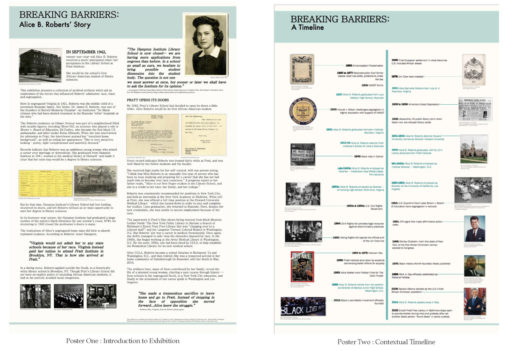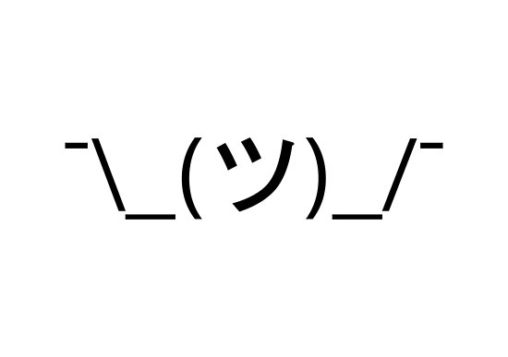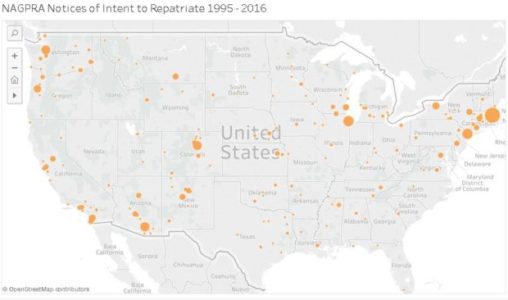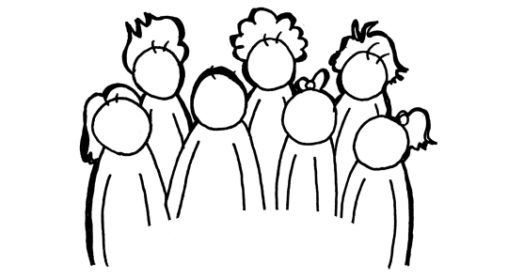Tag: cultural heritagePage 2 of 4
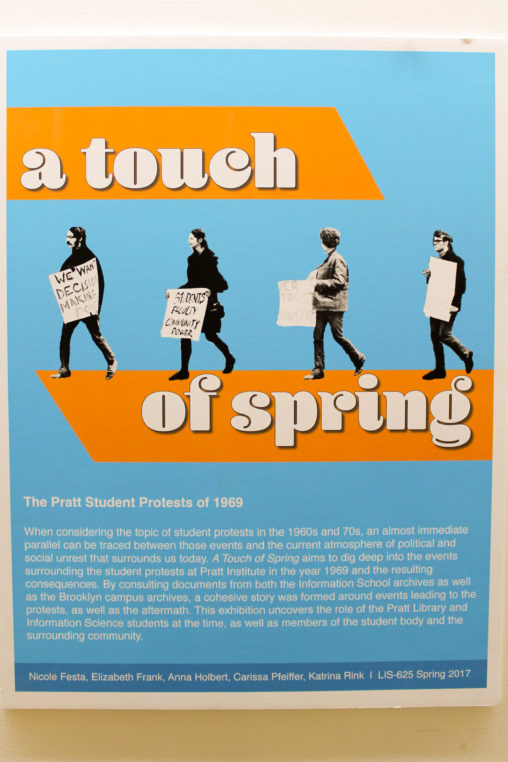
In the spring of 1969, Pratt Institute erupted in protest.
Students, faculty, workers, and members of the community joined together and forced the school to shut down to address issues of civil rights, neighborhood gentrification, and other social and political concerns.
This presentation discusses an exhibition currently on display on the 6th floor that makes use of archival records documenting this turbulent period.
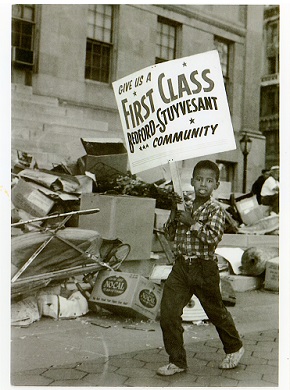
Projects in Digital Archives students present on a collaborative project with the Brooklyn Public Library to digitize audio interviews from the Civil Rights in Brooklyn Project. The interviews include interviews with notable civil rights activists from the Brooklyn chapter of the Congress of Racial Equality (CORE).
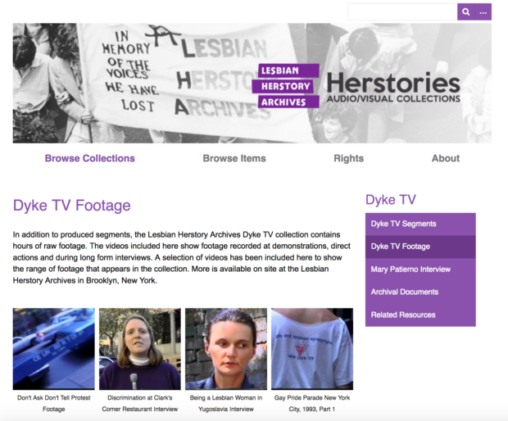
In this presentation, students from the course LIS 668 Projects in Moving Image and Sound Archives present their work in digitizing, curating and making available to the public the public-access television program DykeTV. The collection is housed at the Lesbian Herstory Archives and was reformatted from aging analog U-Matic video.
This paper examines incidents occurring in the 20th century onward, with particular focus, though not exclusively, on the destruction of cultural heritage institutions and sites during World War II, the breakup of Yugoslavia and subsequent civil wars, and the current conflicts in Iraq and Syria. Through these examples, I intend to discuss various preventive measures employed in the face of different situations, evaluate and compare the successes and failures in each instance, and suggest ways that further destruction can be avoided.
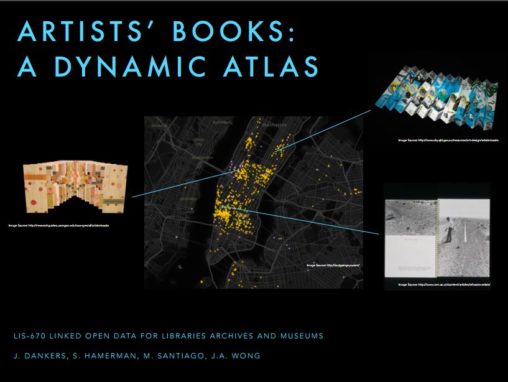
The project is a mock IMLS Grant Proposal for “Artists’ Books: A Dynamic Atlas.” This pilot project will use linked open data to create a dynamic mapping interface that indicates the home libraries of artists’ books located within New York. Led by the MoMA Library in partnership with the Frick Collection, Brooklyn Museum, Whitney Museum, and Metropolitan Museum, the dynamic atlas will deepen engagement with these unique collections; allow users to visualize connections between artists, books, and institutions; and make project data available for use on the open web.
The “LibGuide for Film and Media Preservation” is a centralized location tool to serve the needs of beginning professionals working with and managing moving image media, analog and digital, in information environments such as archives, museum and special collections and libraries. In addition, the resource guide is designed as a supplement to graduate students taking relevant course work in library and informational science coursework, such as film and media collections. The LibGuide includes information resources including encyclopedias, dictionaries, and indexes, selected for their coverage across disciplines including varied topics as preservation, conservation and restoration, film history, and librarianship.
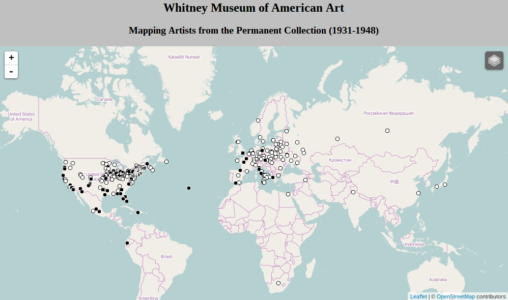
This project reports the results of the first nine months of developing linked open data with a small selection of the Whitney’s collection, focusing on the artist and works added to the collection during the founding years (1931-1948) under its first director Juliana Force. It serves as a case study for other institutions interested in developing linked open data projects. This project also demonstrates several practical examples of how linked open data can be used for research and public outreach.
This paper will address the extremely influential role of archives in identity formation processes, and will explore how this asymmetry is magnified when considering marginalized, and specifically stateless, communities. This complex relationship will be further explored as it relates to depictions of Palestinians in two unique digital archives.
Libraries around the world have been concerned with the digitization of theirmaterials for the past two decades. A digitally available global library is growing, thanks to immense projects like Google Books, and large academic libraries that have been ceaselessly digitizing their materials as new scanning and data storage technologies continue to revolutionize the field. This presents a question of a huge amount of labor—who will do it?
First, I want this paper to shine a light on the actual labor performed by book
scanners for Google, and for other, smaller, library digitization projects. Manual labor continues to drive technological advancement, whether it’s in Apple’s Chinese factories where women construct iPhones for menial pay, or in Silicon Valley where Google’s scanning team works overnight to digitize the world’s libraries.
Second, I want to reveal the ways in which this labor goes undiscussed, both as
(likely) company policy at Google, and in smaller libraries, public and private, around world. Why does this labor remain hidden? The underground sensation that surrounds the Google’s scanning labor, and the way that the transformative labor of digitization goes unremarked, gets us close to the very old class conflict that is at the center of the new tech economy.
The first section of this paper will look at artist Andrew Norman Wilson’s
findings in his art pieces dealing with Google’s book scanning operations, and what we can know about labor conditions there. I then want to connect those findings to labor in smaller digitization undertakings at academic, public, and private libraries around the country. This leads to a discussion of automated robotic book scanners, and the future of library material digitization in the burgeoning convenience economy.
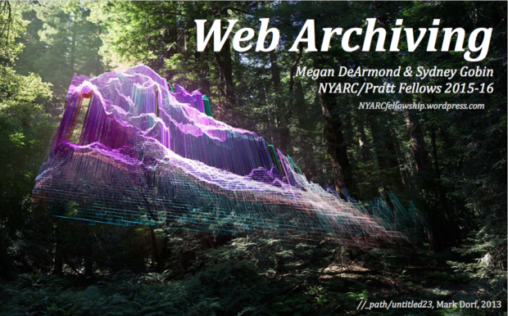
For the past two semesters, we have been working as NYARC interns located at the Frick doing web archiving of various types of sites (galleries, museums, catalogue raisonnes). We would like to share about the processing of web archiving using Archive-It as well as other new technologies such as Rhizome’s web recorder.
Our project, Artists’ Books Holdings, is an attempt to analyze and visualize data about artists’ books holdings on an international scale. This project is a work in progress created in LIS 644- Programming for cultural heritage. It illustrates our ability to work with data in a programmatic manner and create visualizations that represent data in a more human readable manner.
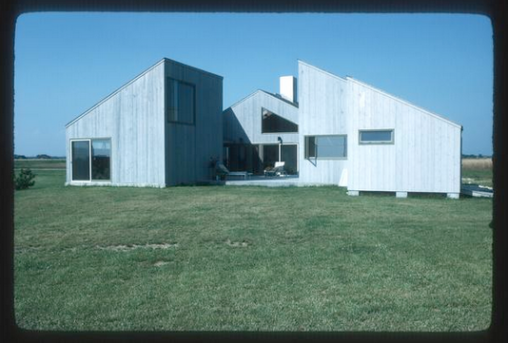
Christina, Mariaelena and Eugene will present the class’s work on archiving an architectural photography collection, specifically the Bill Maris and Julie Semel Collection. Work includes making enhancements to an online DACS/EAD finding aid, curating an exhibition of the photographer’s work, processing and rehousing the collection, and digitizing select photographs.
In America, parody is protected as a form of speech by the First Amendment. In recent years, with the tragedy at Charlie Hebdo a glaring example, the ability to comment on some subjects are becoming increasingly dangerous. A brief history of Parody, Satire, Censorship and where it is taking us.
This presentation will consider the integration of local history collections into traditional public institutions, examine some challenges and cases of developing this collection model for public libraries, and ultimately explore how public information professionals can prepare resources for the augmentation of their own collections.
